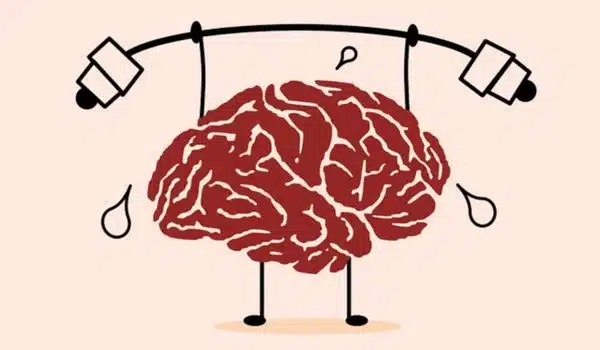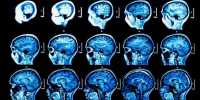According to an international study that included a team of clinical researchers from Pacific Neuroscience Institute’s Brain Health Center at Providence Saint John’s Health Center, a fascinating link between regular exercise and better brain health has been discovered.
The study, detailed in the paper “Exercise-Related Physical Activity Relates to Brain Volumes in 10,125 Individuals,” was published this week in the Journal of Alzheimer’s Disease. It found that being physically active is associated with increased size of brain areas important for memory and learning.
The study examined 10,125 MRI brain scans performed at Prenuvo imaging centers, a key collaborator in the research. It discovered that those who engaged in physical activities such as walking, running, or sports on a regular basis had larger brain volumes in key areas. This includes gray matter, which aids in information processing, white matter, which connects different brain regions, and the hippocampus, which aids in memory.
Our research links regular physical activity to larger brain volumes, suggesting neuroprotective benefits. This large-sample study adds to our knowledge of lifestyle factors in brain health and dementia prevention.
Somayeh Meysami
The lead researcher, Cyrus A. Raji, M.D., explains the findings simply: “Our research supports previous studies that show being physically active is good for your brain.” Exercise not only reduces the risk of dementia but also aids in the maintenance of brain size, which is critical as we age.”
“We found that even moderate levels of physical activity, such as taking fewer than 4,000 steps per day, can have a positive effect on brain health,” said David Merrill, M.D., study co-author and director of the PBHC. This is significantly less than the commonly recommended 10,000 steps, making it a more attainable goal for many people.”
“Our research links regular physical activity to larger brain volumes, suggesting neuroprotective benefits,” said study co-author Somayeh Meysami, M.D., assistant professor of neurosciences at Saint John’s Cancer Institute and the Pacific Brain Health Center. This large-sample study adds to our knowledge of lifestyle factors in brain health and dementia prevention.”

A Lancet Study in 2020 found about a dozen modifiable risk factors increase risk for Alzheimer’s disease, including physical activity. This work builds upon previous work by this group, linking caloric burn from leisure activities to improved brain structure.
“When combined with other studies on the role of diet, stress reduction, and social connection, this study demonstrates the proven benefits of drug-free modifiable factors in significantly reducing Alzheimer’s disease,” said George Perry, Editor-in-Chief of the Journal of Alzheimer’s Disease.
“Our study highlights the interconnected synergy between the body and the brain using comprehensive imaging scans. It confirms what previous generations have known, demonstrating that increased physical activity is a predictor of a healthier aging brain,” said Dr. Attariwala, senior author of this paper.
















